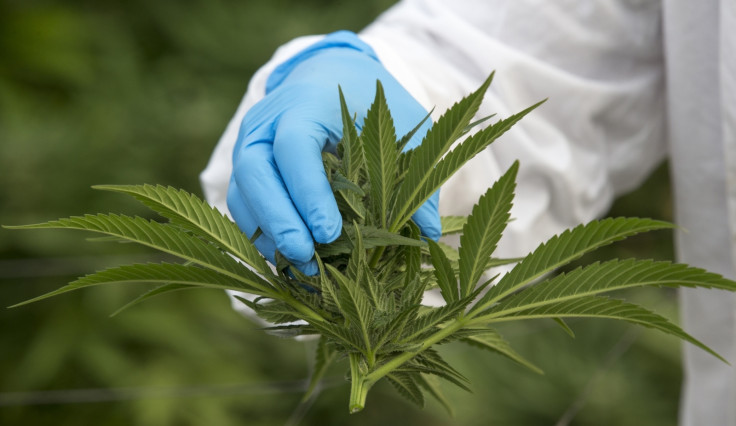Give medical marijuana to cancer sufferers and epileptics, says World Health Organisation

KEY POINTS
- Controversial drug is not addictive and holds no public health risks.
- Linked to effective treatment for cancer, epilepsy, Alzheimer's, Parkinson's and other diseases.
The World Health Organisation (WHO) has announced that cannabidiol (CBD) - the relaxant found in medical marijuana - carries no health risks and can safely be used as a treatment for conditions including epilepsy.
In findings published on Wednesday (13 December), researchers said: "Recent evidence from animal and human studies shows that its use could have some therapeutic value for seizures due to epilepsy and related conditions."
They added that taking CBD would not lead to addiction to THC, the psychoactive substance in cannabis that leads to the high.
The WHO said that the drug did not need to be regulated.
The non-psychoactive component of cannabidiol failed to show anything indicative of leading to abuse dependency, said the report. Any problematic side effects were put down to interactions between the drug and existing medication that patients were on.
"In general, clinical studies have reported that even high doses of oral CBD do not cause those effects that are characteristic for THC and for cannabis rich in THC.
"CBD has been found to have relatively low toxicity, although not all potential effects have been explored."
The organisation will run a more extensive study next year and explore more cannabis-related substances.
The report added: "There is increased interest from member states in the use of cannabis for medical indications including for palliative care.
"Responding to that interest and increase in use, WHO has in recent years gathered more robust scientific evidence on the therapeutic use and side effects of cannabis and cannabis components."






















